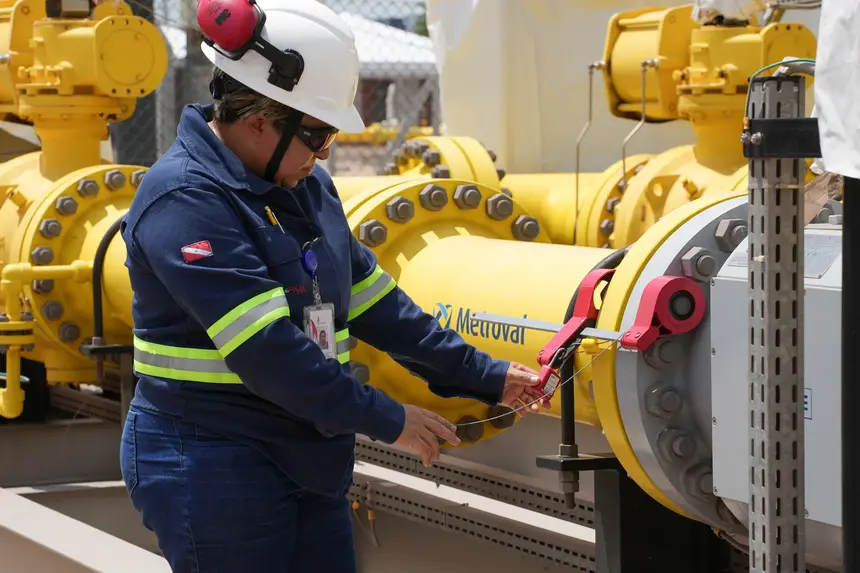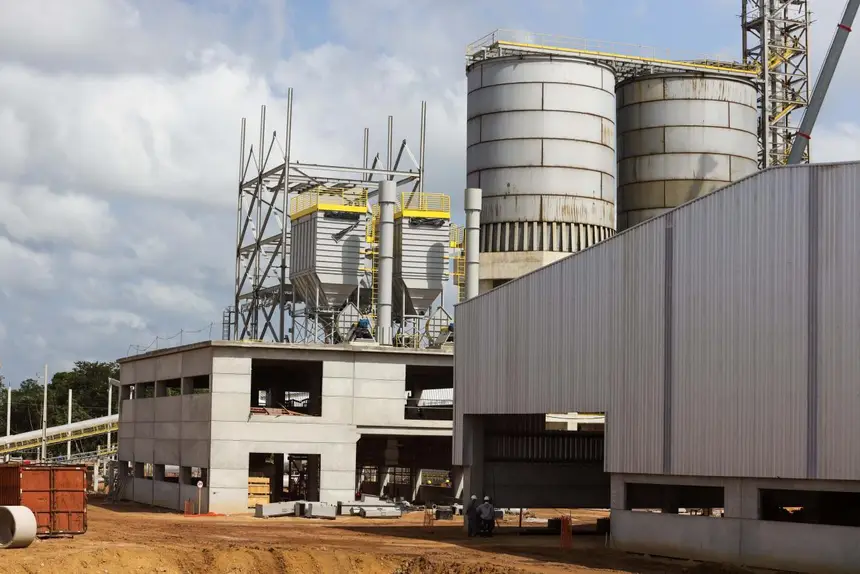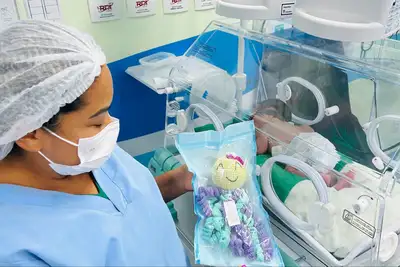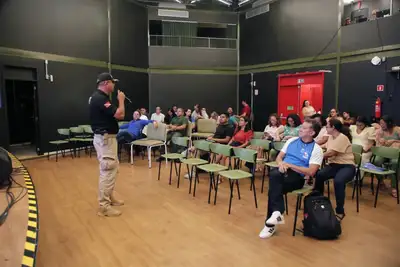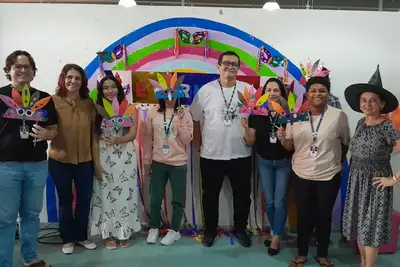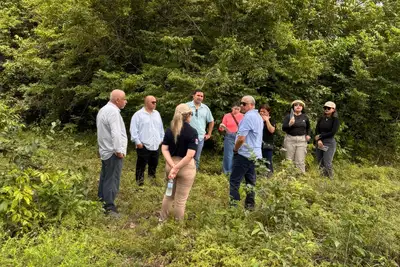Tax incentives drive economic and sustainable development in Pará
Policy coordinated by Sedeme benefits over 200 companies in 55 municipalities, promoting job and income generation in all regions of the State
The Tax Incentives Policy of the Government of the State of Pará continues to strengthen economic and sustainable development by attracting investments and boosting productive chains in all regions. Currently, 215 companies benefit from the initiative, distributed across more than 55 municipalities in Pará, according to data from the Operational Secretariat of Tax Incentives (Secop).
Coordinated by the State Secretariat for Economic Development, Mining and Energy (Sedeme), the policy focuses on increasing business competitiveness, stimulating industrial verticalization, and promoting job and income generation.
"Tax incentives play a strategic role in strengthening the industrial sector, allowing local companies to enhance their competitiveness and contribute directly to the sustainable economic growth of Pará," highlighted the head of Sedeme, Paulo Bengtson, who also chairs the State Incentives Policy Commission.
Presence in all regions
Belém leads the list of municipalities with the highest number of incentivized companies (29), followed by Castanhal (24), Ananindeua (19), Benevides and Barcarena (14 each), Paragominas (9), and Santa Isabel (7). All 12 Integration Regions of Pará are covered, reinforcing the regionalized nature of the policy.
Among the industrial segments served, those involved in the industrialization of açaí (32 companies), palm oil (21), dairy products (9), mattresses (9), beverages (7), aluminum (4), and glass (3) stand out.
Bioeconomy in the spotlight
One example of a benefited company is 100% Amazônia, based in Abaetetuba, in the Lower Tocantins. With 16 years of operation in the food, beverage, and cosmetics sectors, the industry invests in sustainability and the appreciation of the Amazonian socio-bioeconomy.
"The incentives policy was crucial for us to enhance our industrial plant, recognized as the first 4.0 industry focused on the transformation of forest ingredients. This allowed us to raise standards of traceability, quality, and efficiency, always with a focus on sustainability," stated Fernanda C. Stefani, CEO and co-founder of the company.
With products developed from sustainably extracted assets by more than 40 traditional communities, the company is already present in over 70 countries.
Management and agility in processes
Incentives can be granted for the implementation of new enterprises, expansion or diversification of productive activities, as well as for the acquisition of machinery and equipment aimed at industrial modernization.
At the forefront of the Operational Secretariat of the Incentives Policy Commission (Secop), Secretary Luiz Ribeiro reinforces the commitment to administrative efficiency: "Our mission is to optimize the analysis of requests and conclude processes within 60 days, always under the guidance of Sedeme."
Secop also provides advisory services to the Presidency of the Commission, the Plenary, and the Technical Chamber, in addition to being responsible for the processing and publication of decisions.
How to access the benefit
To apply for the incentives, it is necessary to present a project of technical, economic, and financial feasibility to the Incentives Commission, through Sedeme. The Commission is composed of representatives from various state departments and agencies, such as Sedap, Sectet, Semas, Sefa, Seplad, Codec, Banpará, and PGE.
Secop, created by Decree No. 1,277/2015, is the body responsible for coordinating, analyzing, and forwarding proposals for granting tax benefits to the Pará Socioeconomic Development Incentives Policy Commission.



